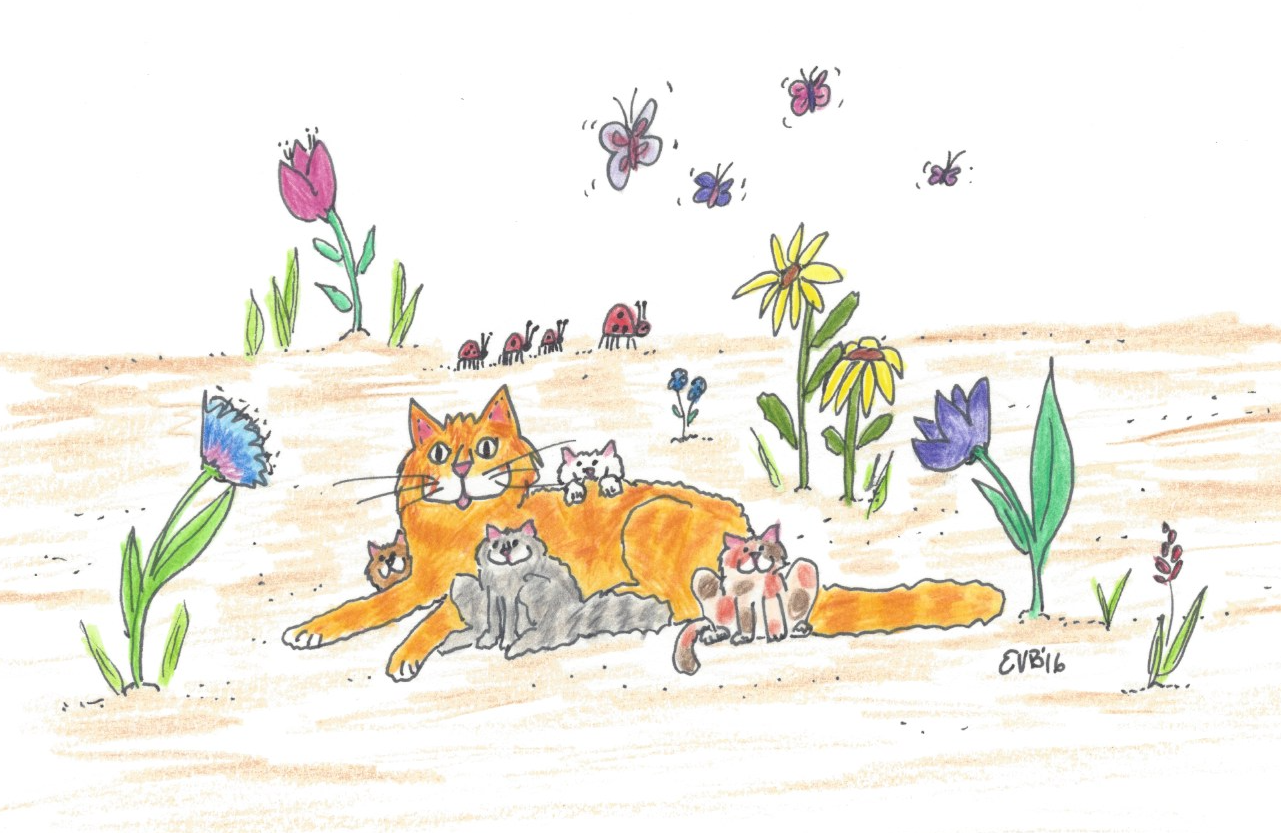Jerry Emmett, the 102-year-old honorary chairwoman of the Arizona Democratic delegation who cast her state’s votes for Hilary Clinton at the Democratic National Convention, was born before women had the right to vote in this country. She wept as she did it. By the time I was born on July 24, 1936, women had voting rights. My mother wore big, dangling, FDR earrings in 1944. I remember that my father cried when the news came the following April that President Roosevelt had died. I remember that my mother cried when she opened the newspaper and saw the photo of the mushroom cloud over Hiroshima the following August. I remember exactly where we both were sitting when she explained to me what had happened.
Not very many people remember Dick Tracy these days. He was a cartoon strip police detective in the 1940s. He wore a wristwatch that had a walkie-talkie built into it and he could speak to colleagues who were around a corner, out of sight. That was a big deal. I often think of Dick Tracy when I am standing far from any electrical source or telephone wires and phoning my friend Monique in France or when I text my grandchildren wherever they are in the world. I think of myself as a hip grandmother because they often text me back with photos attached and I can open them. I delight in thinking that the whole world is my reference library and Google is my librarian. I am amazed not only with how much has changed, but how fast it seems to have happened.
My fourth child was born when my oldest child was five and a half years old. I remember that Seymour and I bought a washing machine, second hand, from a neighbor who was moving and that we seemed, perpetually, to be washing diapers. I was an only child and my experience with child care had been limited to being a camp counselor in summertime, but somehow it worked out with all those newborns and toddlers. I think it must have been an all-consuming task but I remember loving doing it. I painted a rafter across my kitchen ceiling with the phrase that means, “This, too, shall pass,” in Hebrew inscribed across it. I think I felt proud about doing that, as if I was saying, “How amazing that I am managing this scene and being witty about it.”
The thing is, it did pass. Pretty quickly. All of a sudden, it feels, I got to be middle-aged and now old, my boy babies have grey beards, my grandchildren all are driving cars and often drive me to appointments. I am eighty years old, officially, having passed my birthday a week ago, although I have been saying, “I am eighty,” since we turned into 2016. I am proud to say it, not because becoming old required a particular talent (I consider it the result of good genes and good luck), but because I am happy to tell my age and grateful to all the feminists before me, including my mother with her dangling earrings and progressive politics, for making that easy for me.
When I was a very young mother, my mother-in-law would often say, in a tone that sounded to me wistful and sad, “One turn around in your shoes and it’s all over.” Probably that was her way of being both bewildered by life’s inexorable changes and witty about it. I used to think, “Oh, that’s just something old people say,” but now, because I am an old person, I get it. I have a lifetime of memories, some of them very happy, some very sad, and all of them gone like vanished frames of a movie. I once mentioned to my Buddhist teacher, Joseph Goldstein, that the disappearing nature of all phenomena felt so sad to me. “Look,” I said, to him. “All these past-their-prime roses outside this window are dying and they were beautiful two days ago. It’s so sad!” He replied, “Sad is a just a story you are telling yourself. It’s just what is true.”
I know it is a story, and opinion, an elaboration of a plain cosmic truth. “Transient are all created things,” is what the Buddha would have said. But, to me, that truth is now plain. It elicits poignancy in my mind and heart, and it makes life precious to me.



















